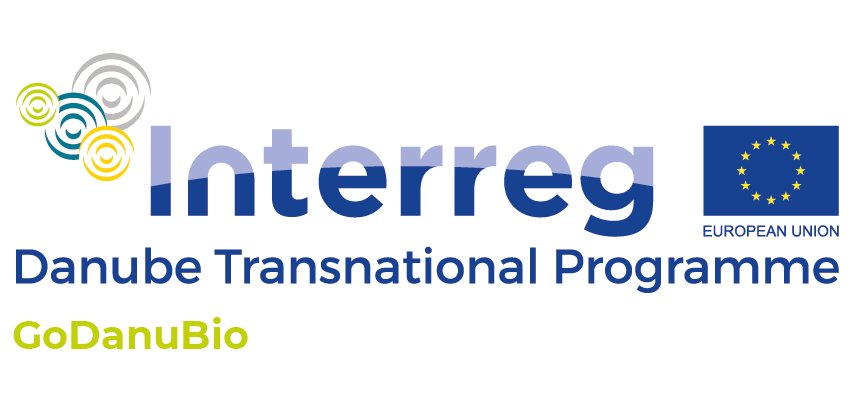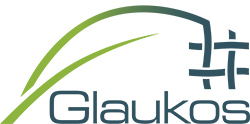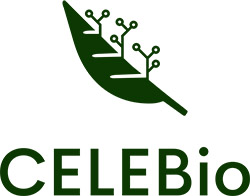GO-GRASS project
Project concluded

Grasslands are important for land use in Europe, covering more than a third of the European agricultural area. Grasslands are also diverse in terms of management, yield and biodiversity value, providing forage and other key resources for Europe’s livestock sector. The EU-funded GO-GRASS project will create new opportunities in rural areas based on grassland and green fodder. These will be tested in four EU regions at small scale to ensure wide replication. Within a circular system, the project will develop business models that are circular, sustainable and suitable for remote areas with unexploited resources. The GO-GRASS consortium comprises a multidisciplinary team of 22 partners from 8 European countries (Belgium, Denmark, Germany, Hungary, The Netherlands, Romania, Spain, and Sweden).
Contacts: Philipp Grundmann (coordinator): go-grass@atb-potsdam.de
Natalie Höppner (communication & dissemination): nah@esci.eu











